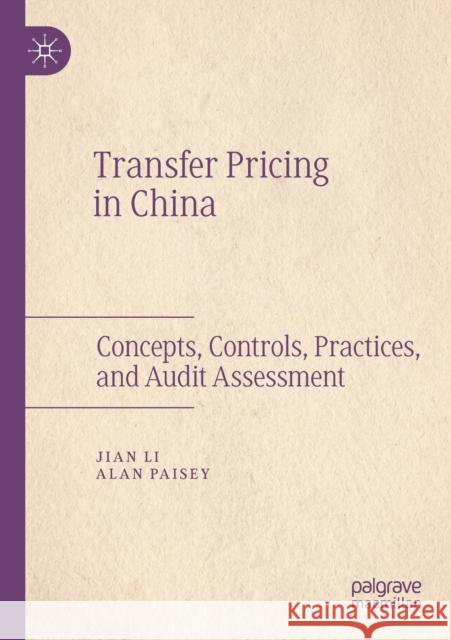Transfer Pricing in China: Concepts, Controls, Practices, and Audit Assessment » książka
topmenu
Transfer Pricing in China: Concepts, Controls, Practices, and Audit Assessment
ISBN-13: 9789811376917 / Angielski / Miękka / 2020 / 193 str.
Transfer Pricing in China: Concepts, Controls, Practices, and Audit Assessment
ISBN-13: 9789811376917 / Angielski / Miękka / 2020 / 193 str.
cena 241,50
(netto: 230,00 VAT: 5%)
Najniższa cena z 30 dni: 231,29
(netto: 230,00 VAT: 5%)
Najniższa cena z 30 dni: 231,29
Termin realizacji zamówienia:
ok. 16-18 dni roboczych.
ok. 16-18 dni roboczych.
Darmowa dostawa!
Kategorie:
Kategorie BISAC:
Wydawca:
Palgrave MacMillan
Język:
Angielski
ISBN-13:
9789811376917
Rok wydania:
2020
Wydanie:
2019
Ilość stron:
193
Waga:
0.26 kg
Wymiary:
21.01 x 14.81 x 1.17
Oprawa:
Miękka
Wolumenów:
01
Dodatkowe informacje:
Wydanie ilustrowane











